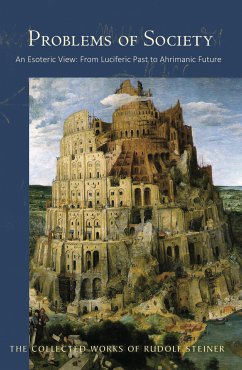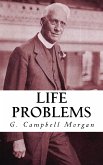In seeking to heal the many social crises of our time, Rudolf Steiner urges us to turn away from 'fixed principles, theories or social dogmas' and to rediscover the real nature of the human being. This inner reality - that cannot be understood in materialistic or deterministic ways - is the only basis on which society can truly be founded. But it is not sufficient to speak of well-meaning ideas, he says, unless we are also active in working for change; change that begins with each of us. In 1919, a year marked by strong social and political upheavals, Steiner was deeply concerned with questions relating to society. Having published a book on the subject (Towards Social Renewal), he embarked on a major campaign to publicize his 'threefold' social ideas. In addition to public lectures, however, Steiner sought to deepen the subject in a series of talks to members of the Anthroposophical Society.
These lectures, gathered in this volume, reveal the 'inner' or 'esoteric' aspects of the social question. They complement Steiner's very practical efforts to realize threefolding in the historical context of his time. Whilst Steiner's suggestions for social change may not seem self-evident to pragmatic thinking, they will strike a resonant chord in many who seek deeper answers to the social problems of our times - problems that politicians seem unable to remedy. Amidst the many themes tackled here, Steiner addresses the issue of nationalism as a retrograde tendency; the tasks of Central Europe and Britain in relation to the East; the incarnation of Ahriman in the West, and the historical incarnation of Lucifer in the third millennium BC.
Dieser Download kann aus rechtlichen Gründen nur mit Rechnungsadresse in A, B, BG, CY, CZ, D, DK, EW, E, FIN, F, GR, H, IRL, I, LT, L, LR, M, NL, PL, P, R, S, SLO, SK ausgeliefert werden.









